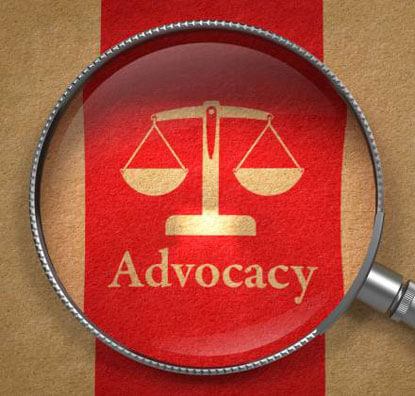A top court in Europe, the European Court of Human Rights, ruled that religious freedom is a right, but not an absolute right, according to The Associated Press. The court ruled that British Airways discriminated against a Christian employee when they forced her to take off her crucifix. The court also ruled in favor of a charity from the United Kingdom that fired a marriage counselor who would not provide sex therapy to gay couples.
According to the court, freedom of religion is, “an essential part of the identity of believers and one of the foundations of pluralistic, democratic societies. However, where an individual’s religious observance impinges on the rights of others, some restrictions can be made.”
The judges of the court backed a claim by British Airways employee Nadia Eweida by a vote of five-to-two. Eweida was sent home by her employer in November of 2006 for not taking off her crucifix to comply with the company’s rules that ban employees from wearing visible religious items. The company wound up changing its policy and Eweida returned to her job. She still filed a claim of religious discrimination, asking for lost wages and damages.
The British courts backed British Airways, but Eweida took the case to the European Court of Human Rights. The court ruled that the airline’s policy “amounted to an interference with her right to manifest her religion.” Even though the company had the right to “project a certain corporate image … Ms. Eweida’s cross was discreet and cannot have detracted from her professional appearance.”
Eweida said the following about the verdict, “I was jumping for joy and saying ‘Thank you, Jesus. It’s a vindication that Christians have a right to express their faith on par with other colleagues at work visibly and not be ashamed of their faith,” she said.
British Airways noted that it changed its religious symbols policy in 2007 and was not involved in the legal action of Eweida. The company said the action was taken against the British government.
Prime Minister David Cameron tweeted the following after the ruling from the court, “I am delighted that principle of wearing religious symbols at work has been upheld.”
The court also issued a ruling against Shirley Chaplin, a nurse told to remove a crucifix while at work. The judges noted that her employer banned necklaces for health and on the grounds of safety. The judges ruled that the company asking her to remove the necklace was not excessive.













































